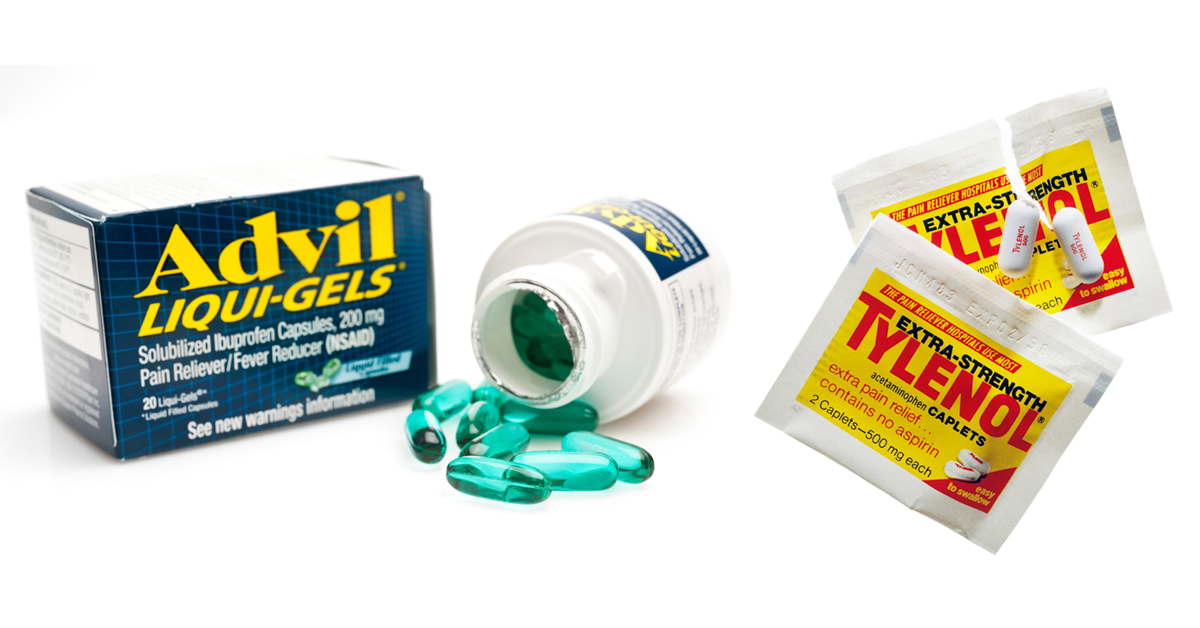The term superbugs might sound like science fiction, but it represents a serious and growing public health concern. Bacteria and fungi are evolving to resist the very drugs designed to kill them, making infections harder—or even impossible—to treat.
According to the CDC, antibiotic-resistant infections affect more than 2.8 million people in the U.S. each year. These infections are becoming harder, or even impossible, to treat. Welia Health is committed to doing its part to address antibiotic resistance. Together, patients and providers can help prevent these superbugs by putting in place some basic precautions.
Understanding antibiotic resistance superbugs
Antibiotics, first discovered nearly a century ago, revolutionized medicine by effectively treating bacterial infections. These drugs work by targeting specific parts of bacteria, stopping their growth or destroying them entirely.
Antibiotics are powerful tools for healthcare providers, but their overuse and misuse create serious problems like drug-resistant bacteria. When antibiotics attack, weaker bacteria die off. Stronger, resistant bacteria survive and multiply, creating antibiotic-resistant superbugs.
Bacteria vs. viruses
Overuse of antibiotics is a major contributor to antibiotic resistance. They are frequently prescribed unnecessarily, particularly for respiratory infections. Antibiotics are effective only against bacterial infections; they have no impact on viral infections like the common cold or flu. Taking antibiotics for a virus won’t help you recover and, more importantly, fuels the development of antibiotic resistance. If your healthcare provider doesn’t prescribe an antibiotic, ask them for advice on managing your symptoms.
Dig deep into the science and watch this PBS program.
The good news: You can help!
The effort against superbugs is something we’re all in together. Here’s how you can empower yourself and others in the fight against antibiotic resistance:
- Ask your provider questions. Respiratory infections are a common culprit in the overuse of antibiotics. By knowing which infections are bacterial and which are viral – and working with your provider on the best course of treatment – you can help prevent antibiotic resistance. When you’re sick, talk to your provider about the best way to treat your illness and don’t hesitate to ask if antibiotics are really necessary.
| Common Respiratory Infections | Virus | Virus or Bacteria | Bacteria | Are antibiotics needed?* |
|---|---|---|---|---|
| Common cold/runny nose | x | No | ||
| Sore throat (except strep) | x | No | ||
| COVID-19 | x | No | ||
| Influenza | x | No | ||
| Sinus infection | x | Maybe | ||
| Ear infection (older children and adults) | x | Maybe | ||
| Ear infection (infants) | x | Yes | ||
| Strep throat | x | Yes | ||
| Whooping cough | x | Yes |
**Studies show that in otherwise healthy children and adults, antibiotics for bronchitis won’t help patients feel better
Adapted from the CDC
- Wash your hands: Handwashing is one of the best methods to stop the spread of germs. Use soap and water, and wash for at least 20 seconds (think “Happy Birthday” twice!). Hand sanitizer with at least 60% alcohol is also effective.
- Get vaccinated: Vaccines are powerful tools to prevent infections. When you’re protected from getting sick, you reduce the need for antibiotics! Discuss vaccination recommendations with your provider.
- Handle food safely: To avoid foodborne illnesses, wash your hands, utensils, and surfaces when preparing meals. Keep raw meats separate from other foods, cook items to the right temperature, and refrigerate leftovers promptly.
- Practice safe sex: Protecting yourself with condoms can help prevent sexually transmitted infections, including some of which can be resistant to antibiotics.
” Our team at Welia Health is proud of our efforts to prevent infections and use antibiotics responsibly. While champions on our Infection Prevention Committee lead the way, it’s the collective work of our entire healthcare team that ensures we reduce infections, prescribe antibiotics wisely, and minimize resistance, preserving their effectiveness for future generations. “
The Infection Prevention Team at Welia Health
Welia Health is working to address superbugs, too!
At Welia Health, we’re committed to safeguarding our patients and reducing antibiotic resistance. Here’s what we do:
- Antibiotic stewardship: Welia Health is committed to continually measuring and improving how antibiotics are prescribed by providers and used by patients.
- Infection Control: Welia Health adheres to strict guidelines to prevent the spread of infections within our hospital, clinics and pharmacy.
- Education: Welia Health provides training to our staff on best practices for preventing infections and using antibiotics responsibly.
- Tracking: Welia Health monitors infection rates, antibiotic use and bacterial resistance patterns closely, allowing a rapid response if necessary.
Working together for a healthier community
We all have a role in maintaining the effectiveness of antibiotics. By following these guidelines, we can help protect ourselves and our community from superbugs.








